Climate expert calls for more innovation
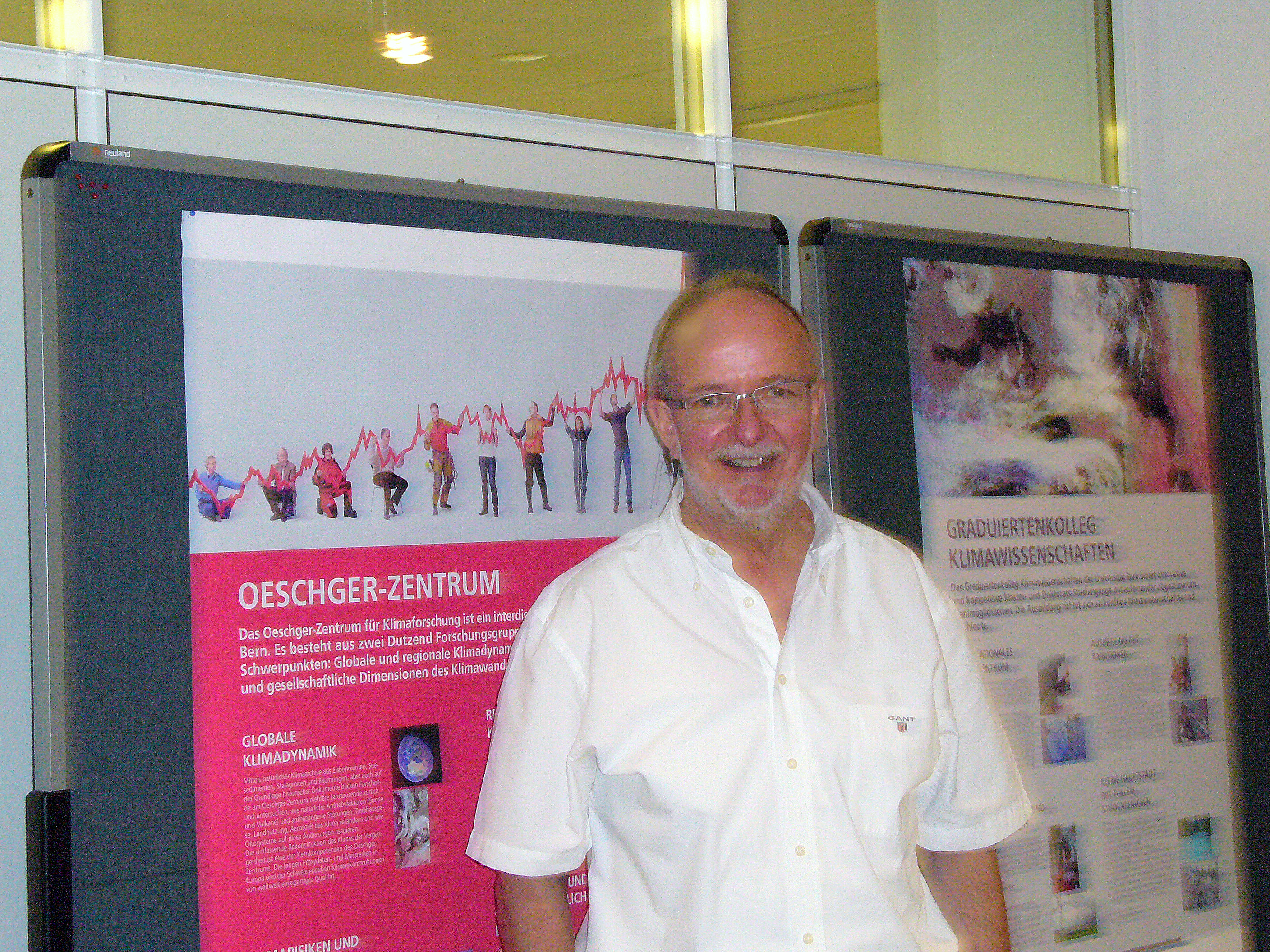
Renowned scientist Heinz Wanner says bolder initiatives as well as more technological innovation are needed to tackle climate change.
The professor emeritus at Bern University has confidence in Switzerland’s politicians, though he occasionally “gets a bit annoyed” that Swiss democracy takes so much time and that only “small steps” are being taken in climate policy.
Ahead of the October 23 parliamentary elections he is also concerned about the loss of influence of the moderate centre parties in this country.
In working with politicians, the researcher has learned that the budget and the finances for the coming two to four years are always the top priority – environmental policy comes in second.
That research involves politics and that contacts need to be cultivated with parliament and government are things taken for granted by the now 66-year-old scientist.
At an early age he also learned from his two grandfathers – one a founding member of what eventually became the rightwing Swiss People’s Party, the other a centre-left Social Democrat – that he should get involved in public affairs.
Of course scientists have to remain independent, and not let themselves be manipulated or bought. They have to be “Honest Brokers”, he says, quoting the title of a book by an American colleague.
“I have never allowed myself to be co-opted onto a political committee, either by environmental activists or by rightwing politicians who have tended to be unsympathetic to climate issues,” Wanner emphasises.
Discrepancy
Wanner is a member of the United Nations Intergovernmental Panel on Climate Change (IPCC) and does a lot of travelling. He finds that Swiss people working in politics, science and industry are highly regarded and welcome abroad – which is in direct contrast with the general view of Switzerland at the moment.
For Switzerland has the image of a small country that always wants to get advantages for itself, likes to pick cherries, but doesn’t stand shoulder to shoulder with the others on the front line.
“I wonder if the politicians of Switzerland are aware of this discrepancy. Maybe they should be like the people in industry and science and go abroad more to see what’s going on.”
He laments the fact that Switzerland has lost the pioneer role in climate and environmental conservation that it had ten to 15 years ago.
“At that time, when all the debates were going on about air pollution, Switzerland set pretty tough limits. Today, however, we have lost ground in the innovative industrial field, like solar energy, and in European terms we are just about holding our own, Wanner says. ” Germany is making much better progress.”
Lobbies
Asked to explain this Swiss decline, he points to the lack of courage and big-picture thinking in political life.
“Looking at the financial situation for the coming parliamentary term – and their own interests – the politicians have shied away from bold steps and instead have opted for stop-gap solutions.”
But non-governmental groups too, including the business lobby, are not very innovative and have even been negative, according to Wanner.
There is support in parliament but not enough. “We do have a few people who care about the climate, but there is no strong lobby.”
Lack of courage
Wanner says the world today is going through a kind of energy “apocalypse”, which basically means chaos.
India and China are hungry for oil, but petroleum resources will be exhausted sooner or later, while nuclear energy is no longer seen as a solution in the wake of the Fukushima disaster in Japan.
Wanner is convinced that something new and constructive has to happen. “But we don’t know the way ahead and in Switzerland we tend to lack courage.”
Faced with looming challenges like population explosion, energy and water scarcities as well as the climate problem, mankind can just not carry on like this in the 21st century, he insists.
Regional approaches
Politics, technology and industry need to put their heads together and become more innovative, he says, if progress is to be achieved. Also, we need to get away from the idea of global distribution of centrally extracted resources like oil and uranium.
“The time will come when we will have to find these resources regionally – by hydro, geothermal, solar and wind energy,” says Wanner. “But we mustn’t forget that we also need to save energy and get energy-efficient.”
He is also arguing for a properly planned phase-out of nuclear energy.
“Like many other people, I have been affected in my thinking by what happened at Fukushima. We’ve got to give up nuclear energy as fast as we can. I can see no other way out.”
Ahead of the October 23 elections, swissinfo.ch publishes a short series of articles about public figures and their views on politics.
The personalities come from the world of science, business, sport and the arts.
Born in 1945, the renowned geographer and climatologist is a member of the IPCC, the world’s climate council.
He was a professor of physical geography, climatology and meteorology at the Bern University from 1988 to 2010.
From 2001 to 2008 he was director of the National Centre of Competence in Research (NCCR) on Climate. He was also director of the International Past Global Changes Programme.
He was founding president of the Swiss government’s advisory body on climate change.
In 2006 he was awarded the Vautrin Lud International Geography Prize, regarded as the most prestigious award of this scientific field. In 2009 he received an honorary doctorate from Humboldt University Berlin.
He retired at the end of 2010, but has stayed on as a research scientist with the Oeschger Centre in Bern.
(Adapted from German by Terence MacNamee)

In compliance with the JTI standards
More: SWI swissinfo.ch certified by the Journalism Trust Initiative


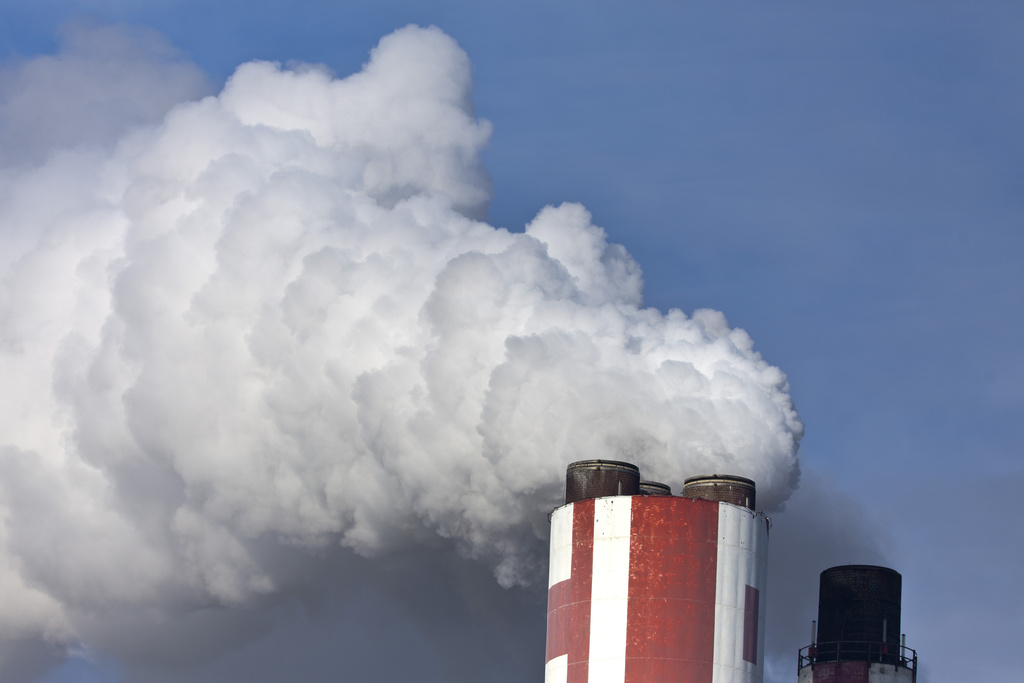
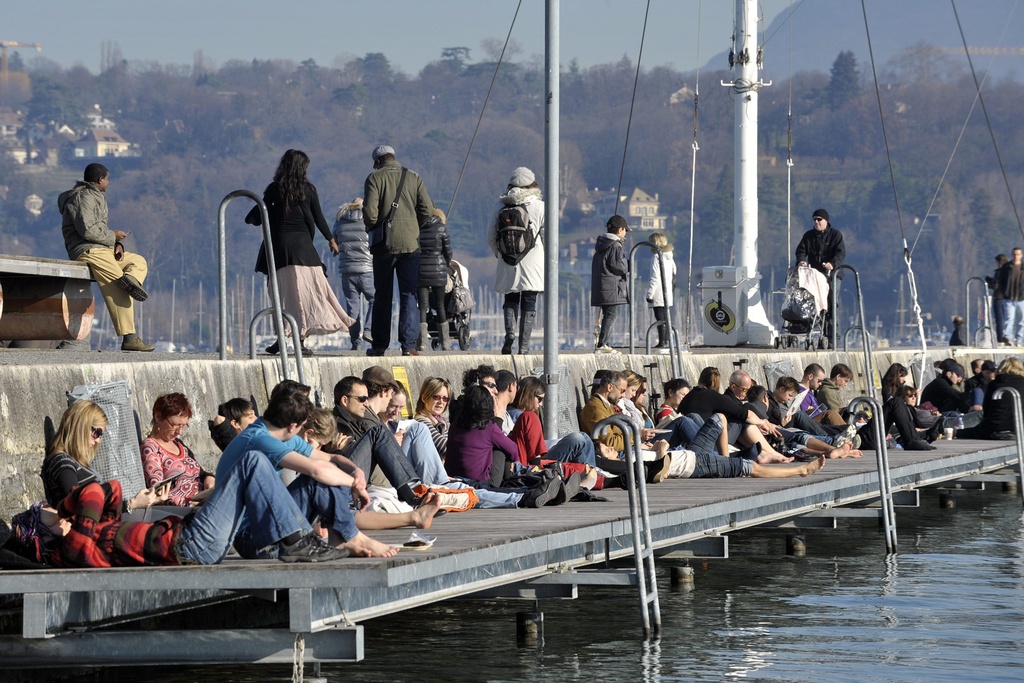
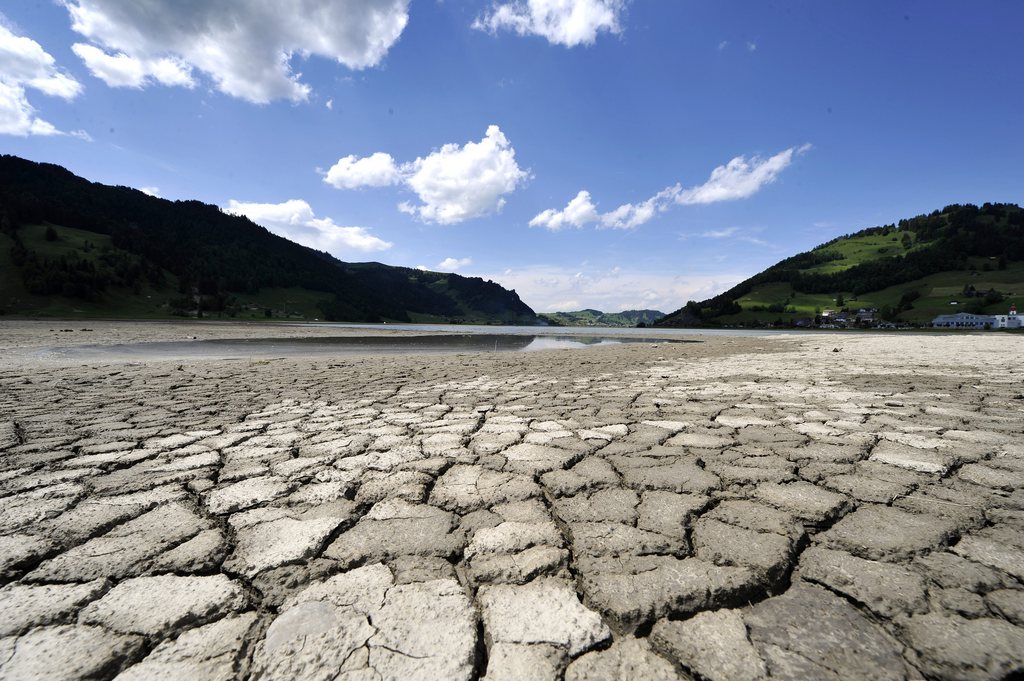
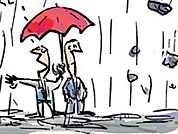

You can find an overview of ongoing debates with our journalists here. Please join us!
If you want to start a conversation about a topic raised in this article or want to report factual errors, email us at english@swissinfo.ch.